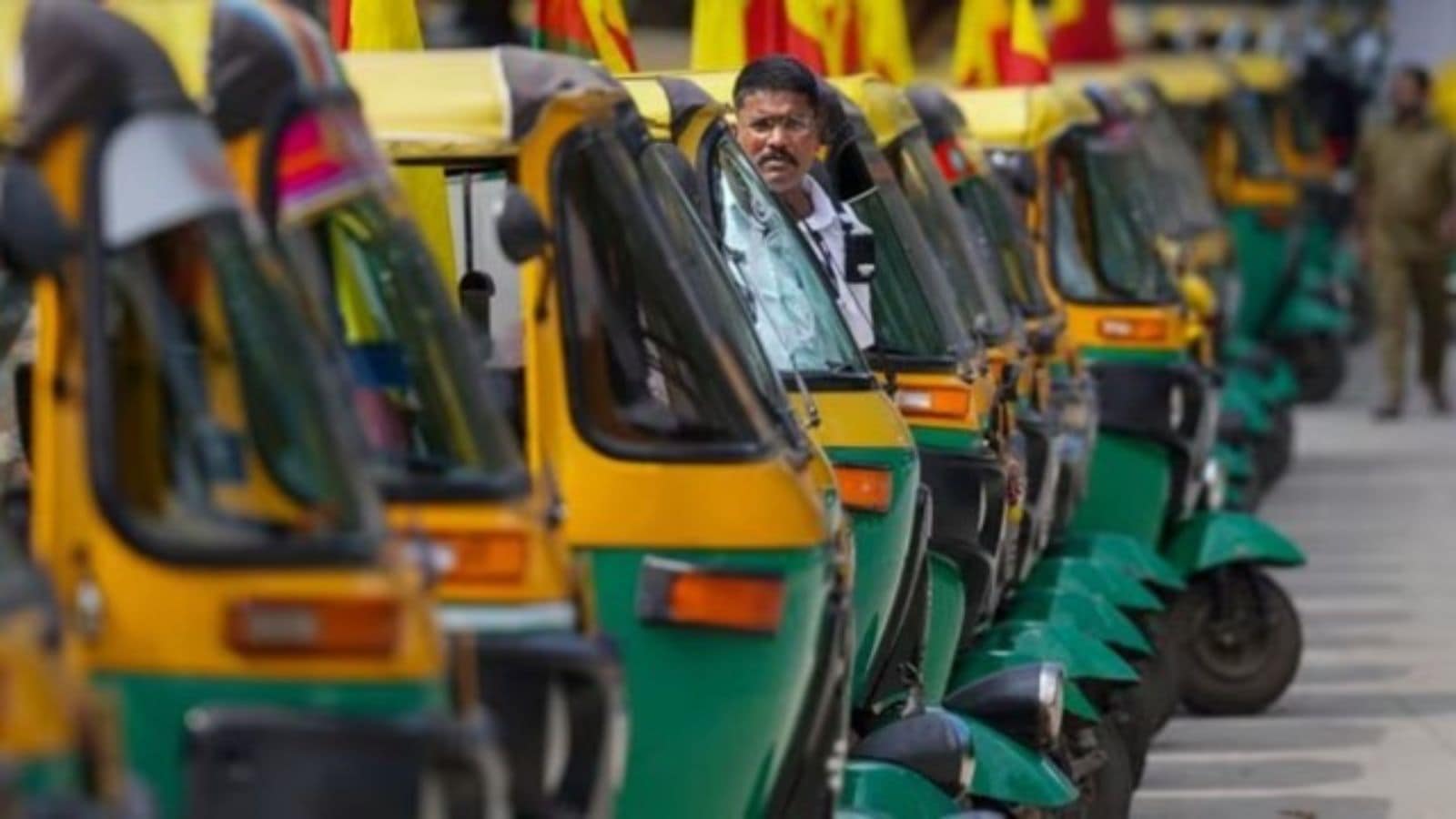Uber to charge zero commission from Indian auto-rickshaw drivers: What does it mean for users and fare prices? | Technology News

Uber Commission Policy Change: Auto-rickshaw drivers in India will now take home 100 per cent of fares earned through Uber as the ride-hailing platform has ditched commissions in favour of a subscription model.
“Uber will not charge any commission on your auto trip. Whatever fare you pay goes entirely to the driver,” the company said in a blog post on Tuesday, February 18. Instead, it will charge auto drivers a subscription fee for using the platform.
The company’s shift towards a zero-commission, subscription-based model mirrors that of its local competitors such as Rapido and Namma Yatri. “Given the industry’s shift towards a subscription-based model for drivers, we have decided to align our approach accordingly so as not to be at a competitive disadvantage,” an Uber spokesperson told indianexpress.com.
Though the commission rate was not fixed, Uber took a 10-15 per cent cut from auto-rickshaw drivers until now.
With this policy change rolling out nationwide, what does it mean for users who frequently book auto-rickshaw rides on Uber? Who decides the final fare? And when it’s time to pay, what options do users have? Take a look.
What exactly is changing for Uber users?
Uber said it will now only connect users with nearby auto-rickshaw drivers. The service itself is independent of Uber as it simply provides the platform.
“Drivers operate independently and Uber’s role is limited to connecting riders with drivers,” the company said. “We’re not involved in fare related disputes between riders and drivers but we’re here for safety concerns,” it added.
Story continues below this ad
In case a user has safety-related concerns during an auto-rickshaw ride, the company said that they should report the incident through the Uber app. “…our team will review the incident promptly,” it said.
Shaik Salauddin, the national general secretary of the Indian Federation of App-based Transport Workers (IFAT), refused to specifically comment on Uber’s change in policy.
“In the past, Mr. Salauddin has criticised Uber for compromising legal and ethical standards to gain market share, highlighting concerns over driver safety and fair compensation. He has urged both the government and companies to take responsibility for the welfare of drivers and to implement robust safety measures,” the IFAT statement to indianexpress.com read.
IFAT also said it will closely monitor the implementation of Uber’s new model to assess its impact on auto drivers’ earnings and working conditions.
Story continues below this ad
Who sets the fare for an auto-rickshaw ride?
Uber will only suggest a fare but the final amount is up to you and the driver to agree on, as per the company.
“Since drivers understand local conditions best, we recommend discussing any concerns directly with them,” the company said. Uber also said it will not levy any cancellation charges if a user decides to back out from an auto-rickshaw ride.
The high commissions charged by ride-hailing apps like Ola and Uber has been a pain point for drivers in the country, leading to several protests over the past few years.
The conflict between platform aggregators and local transport worker unions led to the rise of alternatives such as Namma Yatri, which is hosted on the government-backed Open Network for Digital Commerce (ONDC).
Story continues below this ad
Several state governments have attempted to regulate app-based cab and auto-rickshaw aggregators. Last year, the Karnataka government issued an order that bars dynamic pricing for ride-hailing services and prescribes uniform fares for both app-based cabs and city taxis.
In January 2024, the Maharashtra government proposed to regulate app-based cab aggregators to cap surge pricing and cancellation charges, among other requirements. Meanwhile, Delhi’s cab aggregator policy for providing delivery services and taxi services in the capital required the likes of Ola and Uber to register and acquire a licence.
The varying regulations across Indian states is an area of concern for platforms like Uber.
How should auto-rickshaw riders pay?
Payments for auto-rickshaw rides are now direct, which means that in-app transactions will not work even if the auto-rickshaw ride was booked on Uber.
Story continues below this ad
Digital payment methods like credit and debit cards as well as integrated UPI payments through the Uber app is no longer valid for auto-rickshaw rides. Uber credits and promotions are not applicable for auto-rickshaw trips either. Any coupon applied by the user will need to be removed before booking the ride.
The company further clarified that it will not be collecting any GST from either the user or the driver for the auto-rickshaw trips. This means that the suggested fare is likely to not include taxes.
“Uber does not provide tax invoices for auto trips. However, you can use the receipt for the suggested fare from Uber for reimbursement if needed,” the company said.
Last year, a number of ride-hailing platforms, including Uber, reportedly approached government authorities to clarify their tax liabilities. The confusion was sparked by the Karnataka government’s decision to exempt Bengaluru-based Namma Yatri from paying any GST.
Story continues below this ad
The state’s Authority for Advance Rulings (AAR) had held that platforms like Namma Yatri involved in “simply linking service providers with customers via a digital platform” does not constitute a supply or service and hence, were not required to pay GST, as per reports.




